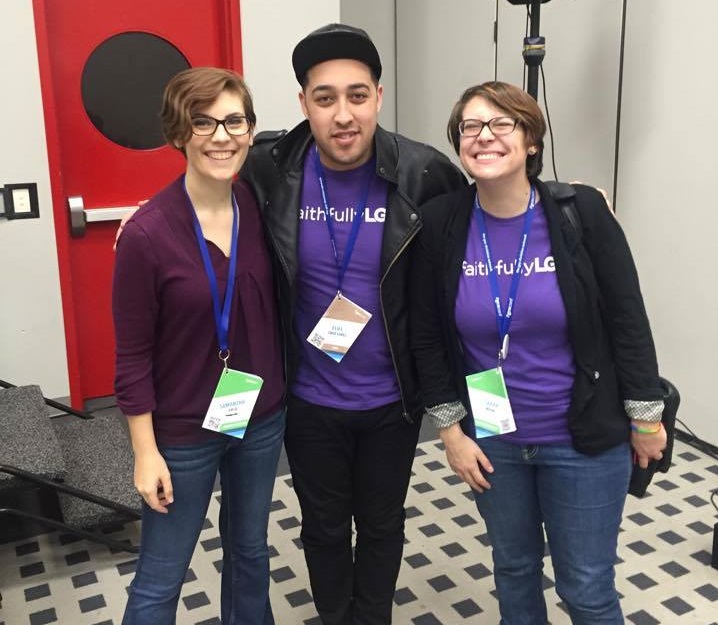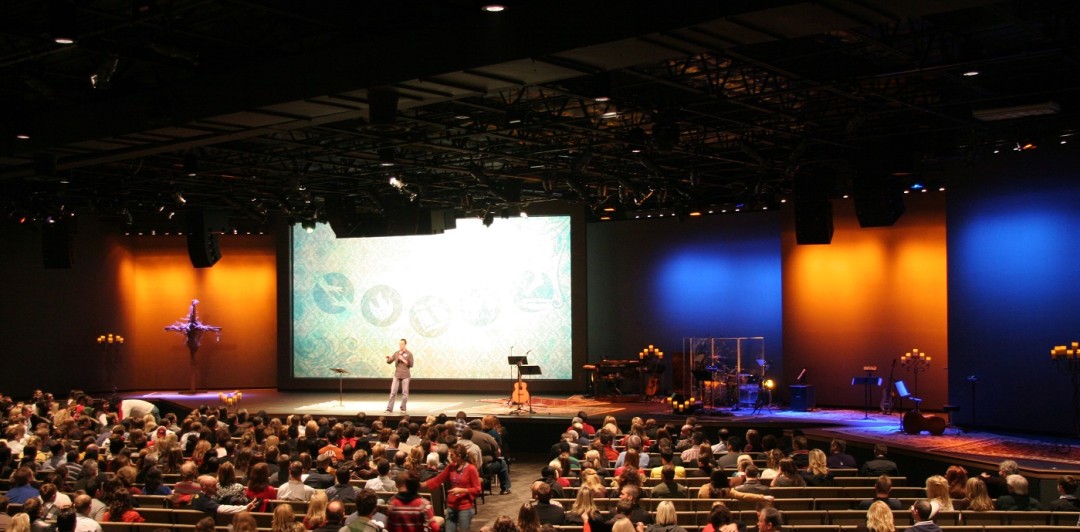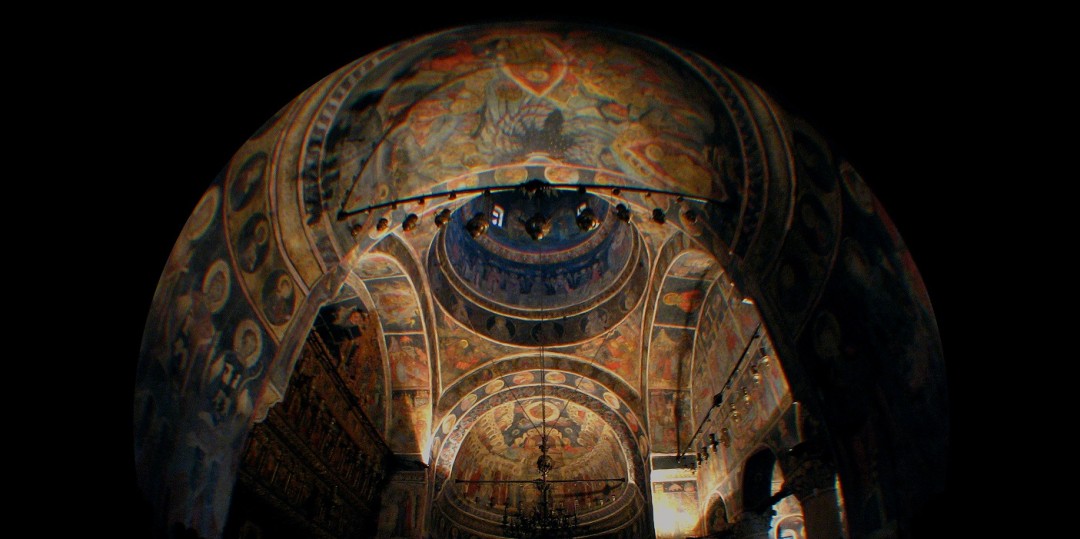I wish there was a way to communicate how busy it has been for the past few months, and how wonderful and exhausting, all together at once. Between visiting family for Thanksgiving and Christmas, business travel, buying a house, packing, moving, unpacking, painting, and all the other little odds and ends that fall along with that … it’s been a whirlwind.
Handsome and I did buy a townhome, and I am sitting in my brand-spanking new office, with my brand-spanking new bookshelves (the past few months have seen a steady buildup of book piles around my old office), and I’m thrilled to pieces. There is sunlight in my home in winter. I have windows. I’m hoping this will help with the seasonal affective disorder, but February will be the true test of that. February is really the cruelest month.
We’re mostly unpacked—technically everything is out of boxes, there’s just a pile of things on my dining table left to be hung or sold or donated. So far it’s all the tiny little things that add up that make moving exhausting. Not the rent-the-truck-have-all-your-friends-carry-boxes day, but the week and a half after of trying to find 22x20x1 HEPA filters that don’t seem to exist for your brand-spanking-new furnace.
Update on something slightly more relevant to you readers: thanks to my Patrons and the many of you who helped on top of that, I was able to attend the Gay Christian Network Conference a few weeks ago, and present on Bi the Way: What’s Next for Bisexuality in the Church with Eliel Cruz-Lopez and Sarah Moon.
The panel was spectacular, and I even got to meet and hang out with a few of you, which was the highlight of the conference for me. It was mind-blowingly weird and fun to be live-tweeted, y’all. People were quoting the things I, Eliel, and Sarah were saying, and a few folks came up at the end and said we’d started them thinking or even changed their minds on a few things. That was amazing. I’m not sure exactly what I was expecting from the panel, but at the end when people were coming up and hugging me and we all laughed and cried together … I felt like I was standing on holy ground.
What happened for me at the conference happens so rarely that it both feeds my soul and enrages me all at the same time. Thursday night we sang a song about God’s love for us, and listening to all those people in the room I knew that they meant—really meant—that God loved all of us, that God loved me. It’s infuriating that feeling the love of God from my fellow brothers and sisters in Christ is so rare, but it was nice to experience regardless.
Every time I feel like maybe I should just say “screw it,” and give up on being a Christian, something like going to the GCN conference happens. I’m still on the fence about a lot of things, and my faith is just as mixed-up and confused as ever, but the few moments in my life like GCN’s conference tells me that remaining a Christian is still a worthy endeavor. Maybe it won’t be that way forever, but it’s true for at least today.
Other things of note at the conference: Broderick Greer preached Thursday night. We need more theology from survivors, from the margins, as Broderick put it, because “objective” theology from the Ivory Towers of White Supremacy and Misogyny is … well, to put it bluntly, faith without works is dead, and there’s nothing more dead to me than a bunch of old straight cisgender white men talking about God as if they have the sole right to Themself. They stay locked up there and refuse to come down to where people are dying because of their so-called “objective” theologies. It’s “faith” without boots on.
One of the workshops I attended was given by a former fundamentalist, and the description in the pamphlet said it would link fundamentalism and idolatry– y’know me, I exclaimed ooo! and went. I believe he was quoting someone when he gave this line: “fundamentalists don’t believe. They know,” which he followed up with “ever heard ‘I know that I know that I know that I’m saved!’?” and I think I gasped aloud, because he was right, and it helped clarify something for me that I’ve been struggling with a ton over the past few months.
The reality that I don’t know, that, in truth, it is impossible to know whether or not god/the supernatural/a supreme being/deity exists, and in fact, believing in him/they/her anyway is probably the essence of faith … well, it’s driving me nuts. I want to know. I want to look at my world and feel reasonably confident in “yes, a supernatural being has a redemptive plan for their creation and I am a participant in that plan” or “no, there is no divine spirit guiding anything, ever, we’re all a mathematical miracle and then we die the end.” However, what’s been hitting me in the gut every time I try to think about it is that there is no way to know, and that’s sort of the whole point behind faith.
I used to think that atheists claiming that Christians accepting the existence of God on “faith” meant we were believing in something without any evidence was a load of bunk … but now I think they’re right. I don’t have any “evidence” or “proof.”
I’m not ok with that yet, but I’m getting there. I’m becoming ok that choosing to believe in the Christian Trinity is no more or less ridiculous than believing in the Greek pantheon or the ancient Mesopotamian goddesses. It’s faith. I don’t know, I believe that a Triune God exists, and that they love me.
But, moving on. Perspectives embraced by organizations like GCN (who represents both Side A and Side B positions), that it’s important for all of us to live in the tension of disagreement over important ideas, are always challenging for me. Part of that is my ISTJ-ness—I want to be right, dammit—but another part of it is that I look at platforms like Side B and think “oh hell no.” If you’re LGBT and have chosen Side B for yourself, more power to you. You do you. But the fact that the most commonly held position among straight evangelical Christians is Side B makes me light on fire a little bit.
And Allyson Robinson’s address is still making me think. Some of what she said, things like “the culture war is over,” I flat-out disagree with especially as a bisexual person who isn’t even widely accepted in the LGBT community and we’ve got a freaking letter. But other things, like encouraging us not to use mockery and derision and snippiness and trolling when interacting with bigots … steps on my toes a mite. But, it reminds me of a truth I’ve been hearing echoed in several places, from Audre Lorde to bell hooks to Brian Zahnd in Beauty Will Save the World: you cannot use the tools of Empire to remove that Empire from power.
In many ways, that was the trouble with second-wave feminism: they decided to use patriarchy’s tools to try to tear down the patriarchy. They decided to adopt the same metrics that patriarchy’s Empire used to measure success: jobs, wealth, political power, capital.
The Christian LGBT community is, in many ways, a triumph of love over hate. But it’s hard, it’s hard not to hate, especially recently. A deep, miry, black, thick and oozing place inside of me roils when I heard Trump say things like “I could shoot someone in the middle of the street and I wouldn’t lose any votes.” When I hear Falwell, Jr. say “we need to end those Muslims,” it’s hard not to choke on my hatred. I want to scream and cry and break things.
Anger is appropriate, even rage. But hatred is not. When Jesus said that hatred is like murdering someone in your heart … he was right, and it’s not ok. I’m not entirely sure how to stop, but I know that I have to be able to. I cannot use the tools and weapons of Empire.
I’m not entirely sure what that all looks like, or what all I think about everything I’ve just spilled out here, but I’m working through it one day at a time. If you’d like to be as encouraged and challenged and confused as I was for three days, maybe you can go the GCN conference next year. It’s in Pittsburg.
I don’t quite have internet at the new house yet (it’ll be here on Thursday), but I am back to a regular blogging schedule again. Thanks for all of your patience and support through the past two months.










